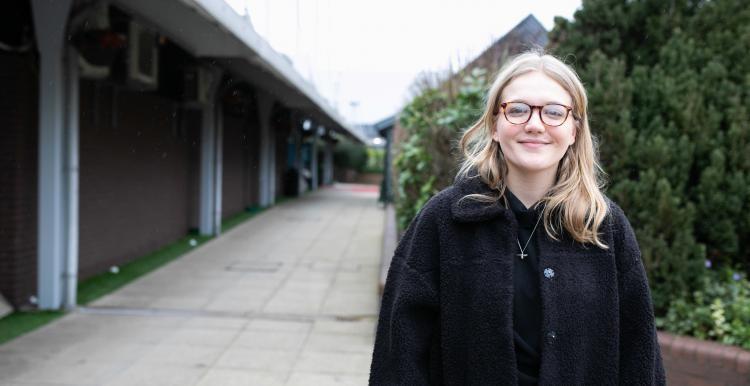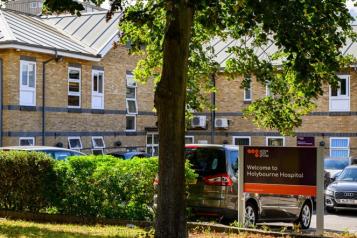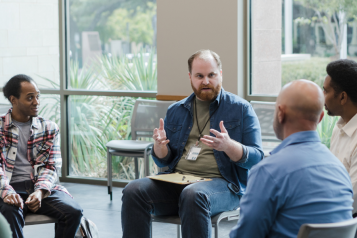Changes to the Coral Mental Health Crisis Hub at SWLSTG
Patients and health and care colleagues can continue to access crisis services via the 24/7 Mental Health Crisis Line on 0800 028 8000

What is the Coral Mental Health Crisis Hub?
The Coral Mental Health Crisis Hub provides a single 24/7 point of access for people experiencing a mental health crisis, who are living in our five South West London boroughs of Kingston, Richmond, Merton, Wandsworth and Sutton.
It works to triage and assess people in these five boroughs. It is made up of two parts:
- A 24/7 Mental Health Crisis Line on 0800 028 8000.
- A Crisis Assessment Team
Anyone of any age from these five boroughs can call the 24/7 Mental Health Crisis Line for support with their mental health, or about the mental health of someone they care for. Callers will speak to trained mental health professionals and will receive telephone support, screening and signposting.
If the person in mental health crisis needs urgent face to face assessment, the Mental Health Crisis Line colleagues can arrange with the Crisis Assessment Team for this person to be seen to assess their mental health needs and decide on the best next steps to provide treatment and care.
What is changing?
Until now, the Crisis Assessment Team has assessed patients at home or in the community by travelling out to visit them.
This has now changed and patients will be seen at the Springfield site via booked appointments with the Rapid Assessment Clinic, between 10am until 10pm, seven days a week.
If patients need to be seen outside these times, the team will be able to support with a mobile assessment service by our Home Treatment Team’s night function. The teams will also continue to provide support to emergency services such as Police and London Ambulance Service by identifying the right pathway for the patients in crisis, including access to the Rapid Assessment Clinic and Home Treatment Team when clinically suitable.
Furthermore, these changes mean that the psychiatric liaison teams in local emergency departments will be able to book appointments directly with the Rapid Assessment Clinic, for people in mental health crisis to be seen urgently.
These changes are designed to make the service work more efficiently and run more smoothly for our patients. It will mean better collaboration between the Coral Mental Health Crisis Hub, Liaison Psychiatry Team, Home Treatment Team, our Acute Care Coordination Centre and the Lotus Psychiatric Decision Suite, community teams and inpatients wards.
The hope is that this will enable patients to be assessed and treated in a more suitable environment, and in a more planned way, so they can get people the right care outside of Emergency Departments where appropriate.
What do I need to do?
Nothing – you don’t need to do anything differently to contact our crisis services, but SWLSTG wanted you to know about these changes.
The way people contact crisis services remains the same for all callers, whether they are calling about yourself, someone they care for, or whether they are a healthcare professional.
They should call the 24/7 Mental Health Crisis Line 0800 028 8000.
Tell me more about the 24/7 Mental Health Crisis Line
As well as patients phoning the 24/7 Mental Health Crisis Line, they might also be referred via the line by the London Ambulance Service, police, by GPs, by clinicians in neighbouring emergency departments, or by other services within the Trust.
If required, the Crisis Assessment Team provides an emergency response to calls from the London Ambulance service and police. The team works in partnership with the Psychiatric Liaison teams at Emergency Departments, and with the Home Treatment Teams across the five boroughs.
If a 24/7 Mental Health Crisis Line caller needs mental health support but the need is not urgent, the caller may be referred to a borough’s Single Point of Access, to secondary or primary care, or signposted to a local source of support.
For callers who are already patients of the Trust’s community teams, they might need to work in partnership with community colleagues to provide support.
Occasionally at very busy times, the mental health professionals who run the 24/7 Mental Health Crisis Line might need to prioritise callers with urgent mental health needs, and might need to phone the caller back later.


